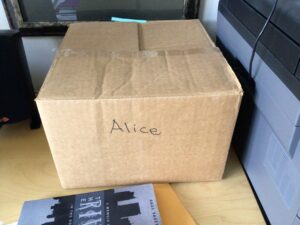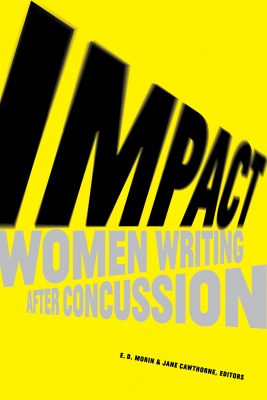People ask me about my next book, and I appreciate their faith that there will be one. Such optimism! Even referring to Patterson House as my first novel is optimistic. But with recent news that appears to be pointing at the demise of the publisher of PH, I wonder.
I love writing. I love interacting with readers. I love giving readings. I love being in the company of other writers. And I love books—libraries, book stores, my own bookshelves, perusing the shelves of others! The smell of a book when I open it. It’s all great.
I do not like the business of books, particularly that awful time when I have a book complete and I am seeking a publisher. The book business is hard and getting harder.
For a long time, I searched for an agent. An agent would be helpful for me, especially given my brain injury. I need someone to handle the business of my writing. That part of the work holds me back. Agents are hard to come by. I had three close calls when I was shopping Patterson House, all with variously heartbreaking endings. So close.
Now, like so many others, I go it alone. But that’s not really true either. I have a group of incredible writing friends that I rely on for feedback, for business advice, for commiseration, for shared joy at success. I’m grateful to all of them.
Will there be a next book? Probably. I have a project I’m into that I refer to as ”Alice.” I can’t think about publication. That feels like too much right now. If a book is written and no one reads it, does it still count? I think so.



